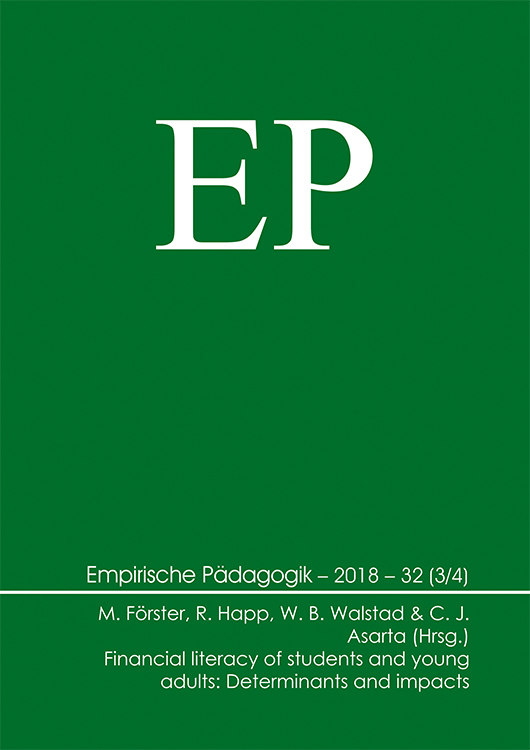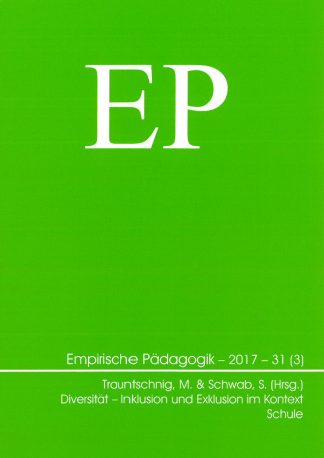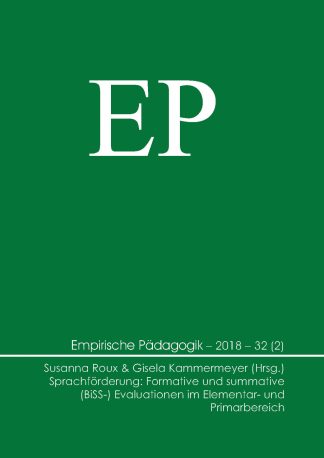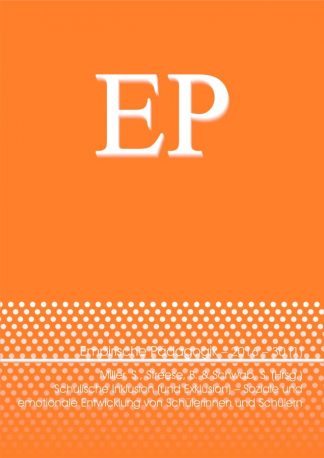Inhalt
In the majority of studies of knowledge and understanding of personal finance young adults with a migration background (MB) perform significantly worse than those without a MB. To be able to support young adults with a MB in their development of knowledge and understanding of personal finance it is important to know whether their underachievement in this area is predominantly due to deficits in the language of their country of residence (Germany) or to other factors. In this paper, we examine the correlation between the knowledge and understanding of personal finance and MB of young adults in Germany. We administered a shortened version of the German adaptation of the American test of Financial Literacy to 152 beginning higher education students in Germany. While the participants’ home language and their parents’ country of origin served to operationalise MB, the German language skills of all the participants were measured using the reading comprehension scale from the test Deutsch als Fremdsprache. Participants with a MB performed worse than participants without a MB. Further, the participants with a MB who did not speak predominantly German at home performed significantly worse than those whose main home language was German. The effect of a MB was reduced only moderately when incorporating reading comprehension in the regression models. Our findings suggest that other influences such as gender and/or cultural values and norms concerning financial matters also may contribute to the differences in knowledge of personal finance between migrants and non-migrants.




